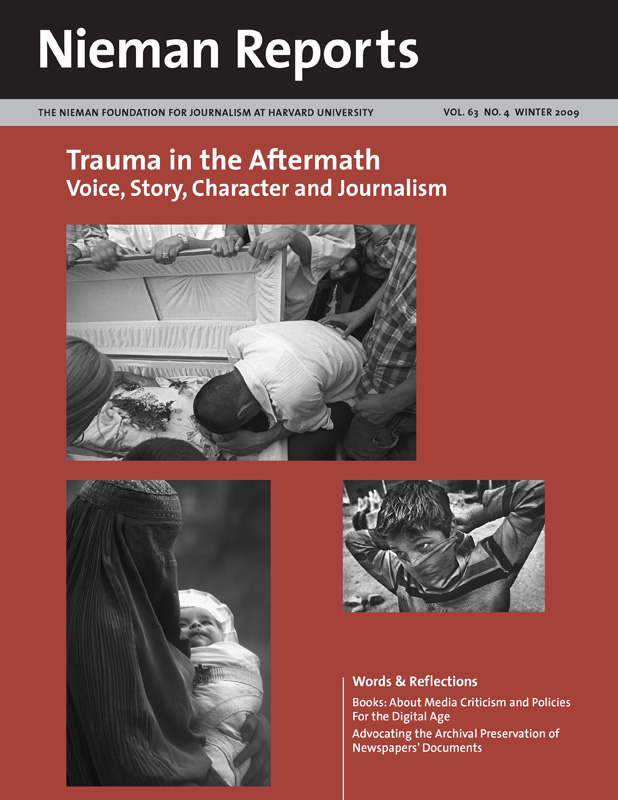Rebecca Solnit’s wide-ranging inquiry into disaster led her to a surprisingly good-hearted view of human nature. “In the wake of an earthquake, a bombing, or a major storm, most people are altruistic, urgently engaged in caring for themselves and those around them, strangers and neighbors as well as friends and loved ones,” she writes in her 2009 book, “A Paradise Built in Hell: The Extraordinary Communities That Arise in Disaster.”
After surviving the 1989 earthquake in San Francisco, Solnit became curious about the “sense of immersion in the moment and solidarity with others caused by the rupture in everyday life.” In her community, neighbors helped each other, taking turns directing traffic and hosting barbecues.
To gain a historical perspective, she decided to look more deeply into five disasters: the 1906 San Francisco earthquake, the Halifax explosion of 1917, the Mexico City earthquake in 1985, the attacks on September 11, 2001, and Hurricane Katrina in 2005.
Solnit, the author of books on subjects as disparate as walking, political dissent, and the American West, is a deft storyteller, but the book’s greatest strength is her social critique. Ordinary citizens facing misfortune frequently are selfless. Often, she found, it’s the authorities who behave badly. Out of a fear that anarchy will prevail, they promulgate punitive measures that interfere with the rising spirit of altruism.
Finding purpose and closeness—without disaster—is the great contemporary challenge, she concludes. “Disaster reveals what else the world could be like—reveals the strength of that hope, that generosity, and that solidarity,” Solnit writes. “It reveals mutual aid as a default operating principle. … A world could be built on that basis, and to do so would redress the long divides that produce everyday pain, poverty, and loneliness and in times of crisis homicidal fear and opportunism.”



